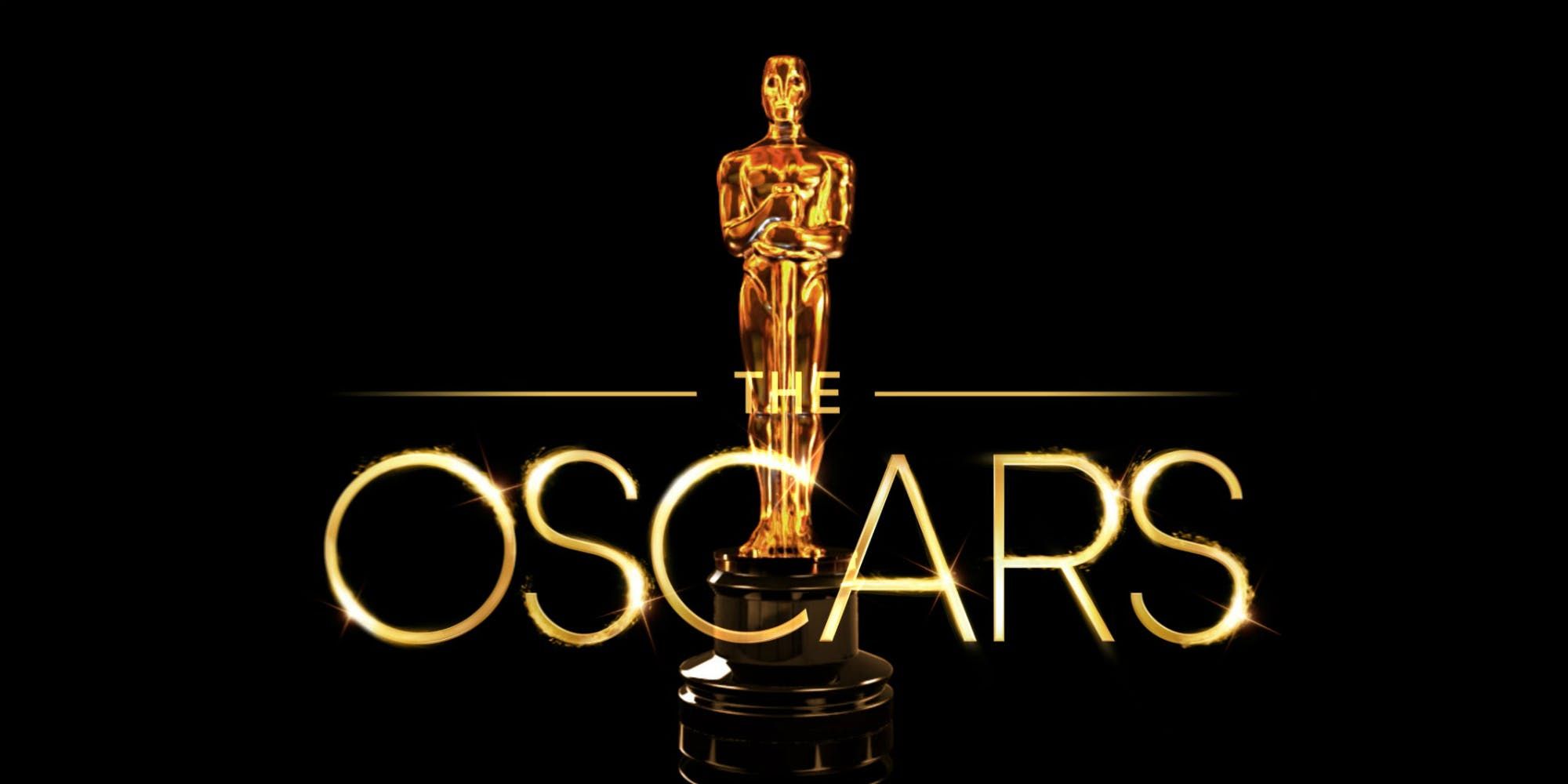UPDATE:Oscar producer Donna Gigliotti says the winners' acceptance speeches will not be edited as long as they stick within the 90-second time limit. The original article follows.
The Academy has clarified controversial changes to the 2019 Oscars broadcast after several high-profile film industry professionals signed an open letter criticizing the decision to present four awards during commercial breaks. In an effort to rebound from years of declining ratings, the Academy and ABC looked for ways they could "improve" the telecast and make it more appealing to mainstream audiences. Several ideas they had, like the proposed Best Popular Film category and limiting the number of Best Original Song performances, ultimately backfired. However, there was one deviation from tradition that remained in place.
As part of the initiative to squeeze the entire ceremony into a flat three-hour window, the Academy announced a handful of categories would have their trophies handed out during commercial breaks, with the winners' acceptance speeches being aired at a later point in the show. This drew the ire of many, especially when it was revealed this year's relegated categories include Best Cinematography and Best Editing (two integral components to the filmmaking process). A number of people have been very critical of this, and now the Academy has taken the time to clarify the changes.
Related: Every Oscars 2019 Mistake (So Far)
According to Variety, a plethora of noteworthy filmmakers and industry professionals, including Spike Lee, Quentin Tarantino, and Martin Scorsese, signed an open letter to the Academy asking them to reverse the decision to present the four awards during commercial breaks. They argued this move devalues the categories and paints them in a "lesser status." The signees also took issue with the notion of the speeches being edited down so only "emotionally resonant moments" are shown. Following this, the Academy (via Variety) attempted to clear things up in their own letter by saying all 24 awards will be presented on stage, the four "commercial break" categories volunteered for this year, and that the acceptance speeches will be shown on TV for all to see.
It's understandable why the Academy and ABC would want to fix their ratings problem, but it's difficult to see how this is going to help. All it's done is upset cinephiles and filmmakers - the groups of people who care about the Oscars the most. In all likelihood, casual viewers won't feel more inclined to tune in simply because an Avengers actor is presenting an award or they won't have to watch the Best Film Editing presentation live. If show length is a real concern, the more logical things to cut would be fluff montages about the magic of cinema or ill-conceived bits like last year's hot dog cannon stunt. Trimming an Oscar winners' walk from their seat to the stage isn't going to save much time. Plus, having an editor edit the Best Editing winner's speech into bite-sized content is extremely ironic. It would be better for all involved if the Academy reversed course, but that would require a board meeting within the next week.
In today's media landscape, with on-demand and streaming services more prevalent than ever, live TV ratings are down in general for just about everything. Even the Super Bowl posted its lowest numbers in a decade this year, illustrating that there may not be a whole lot the Academy can do. Their revisions to the Oscars ceremony read as a desperate and poor attempt to chase an audience that isn't there and all they've done is hurt the brand. If the 2019 ratings don't significantly improve, perhaps the 2020 Oscars will revert back to the way things were and all 24 awards will be handed out live.


